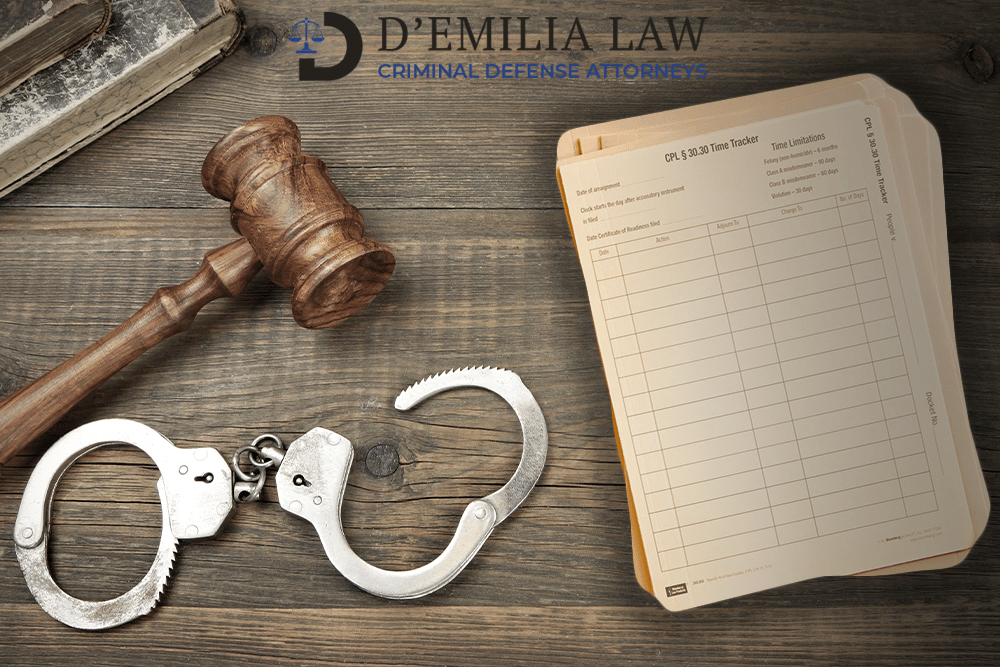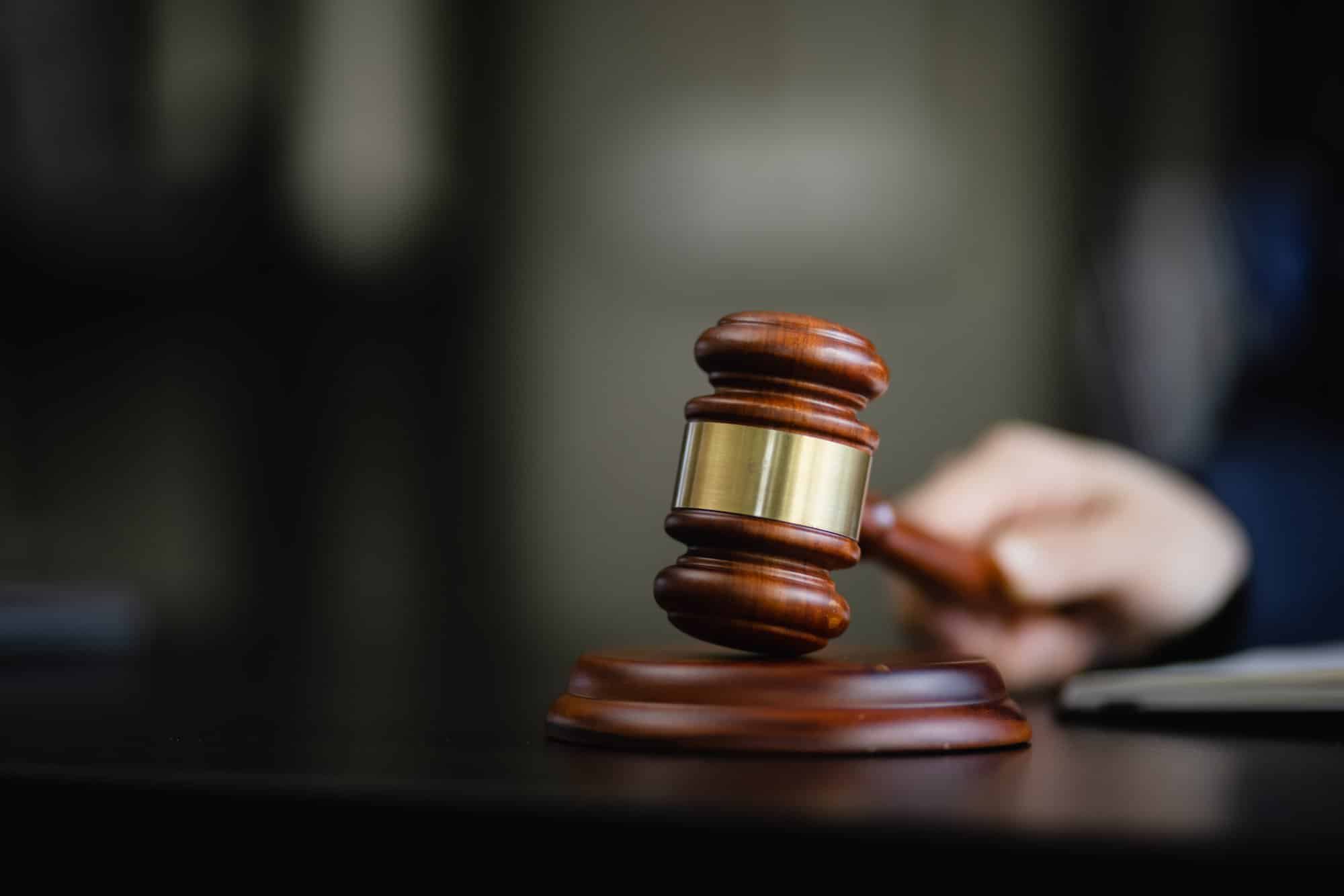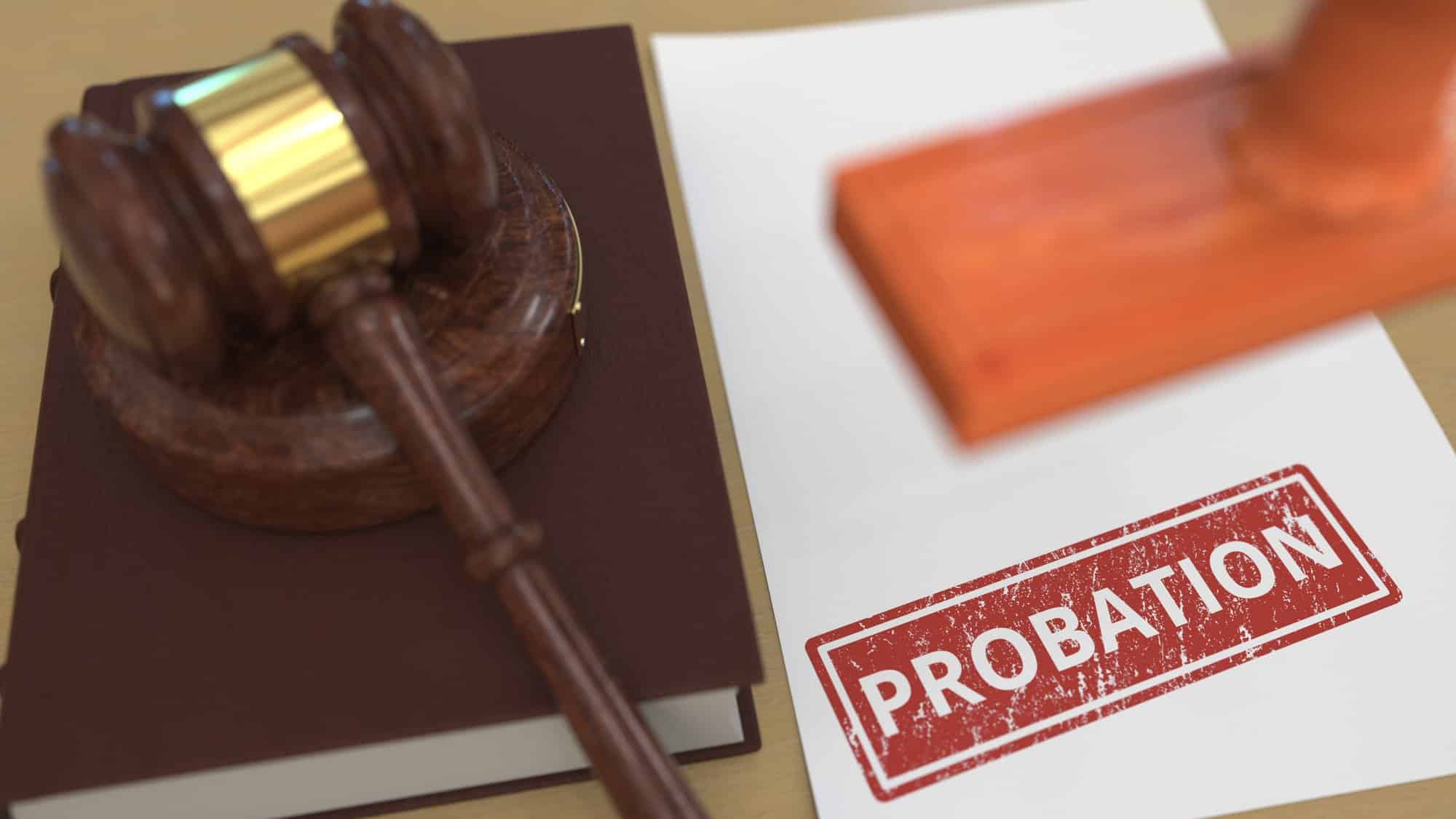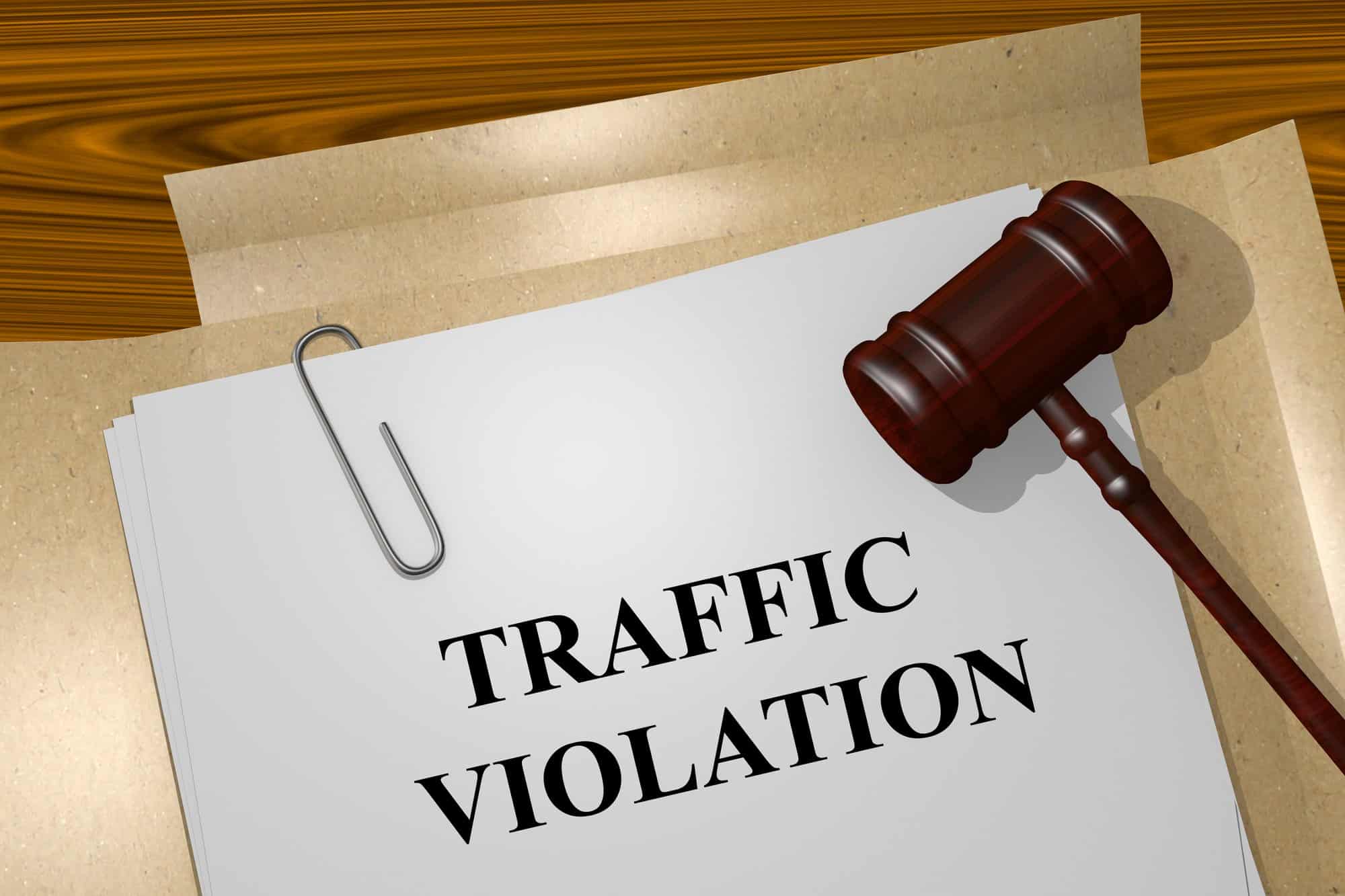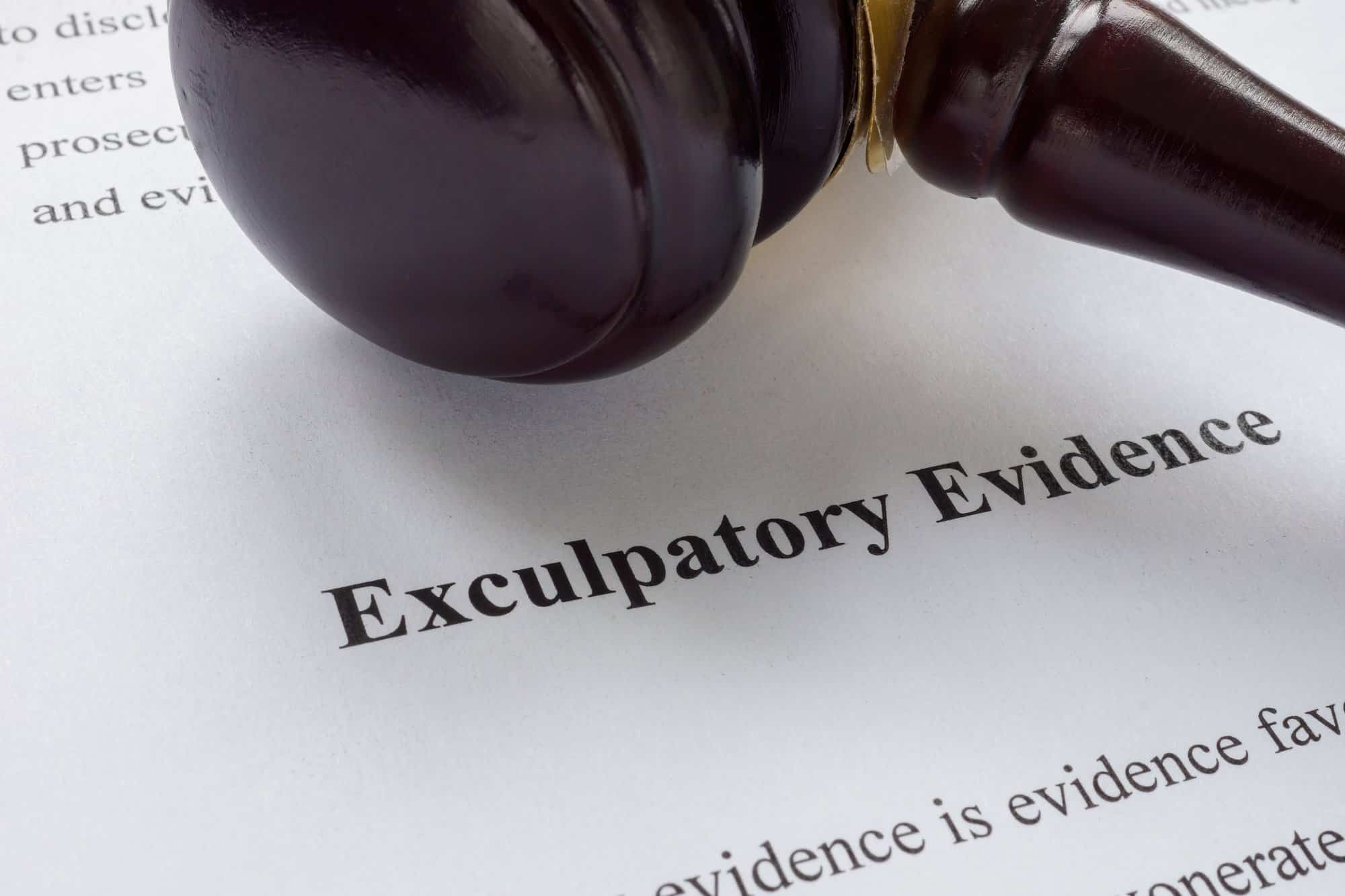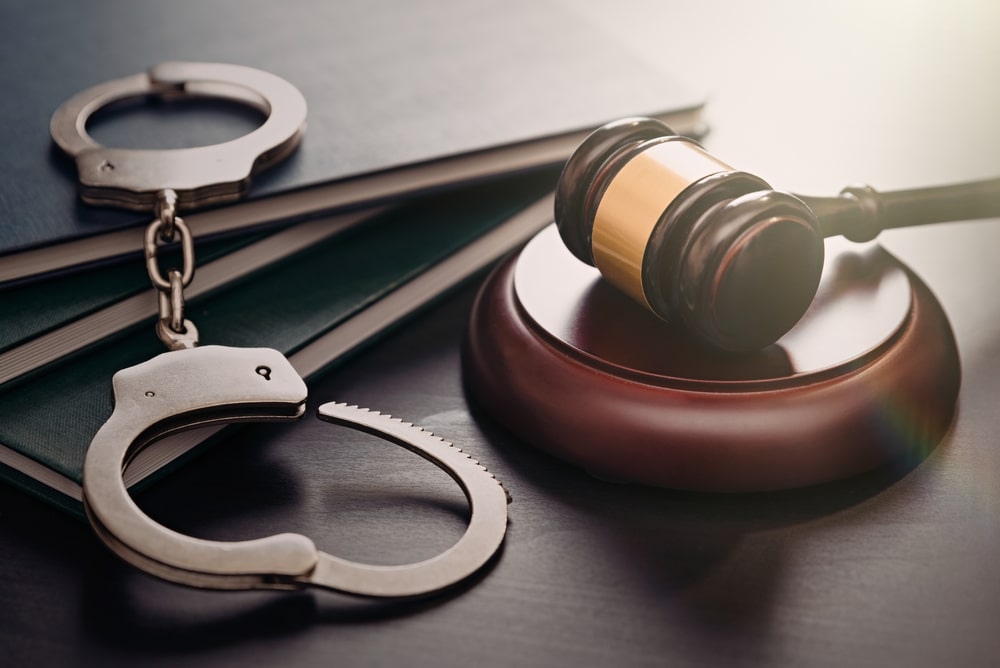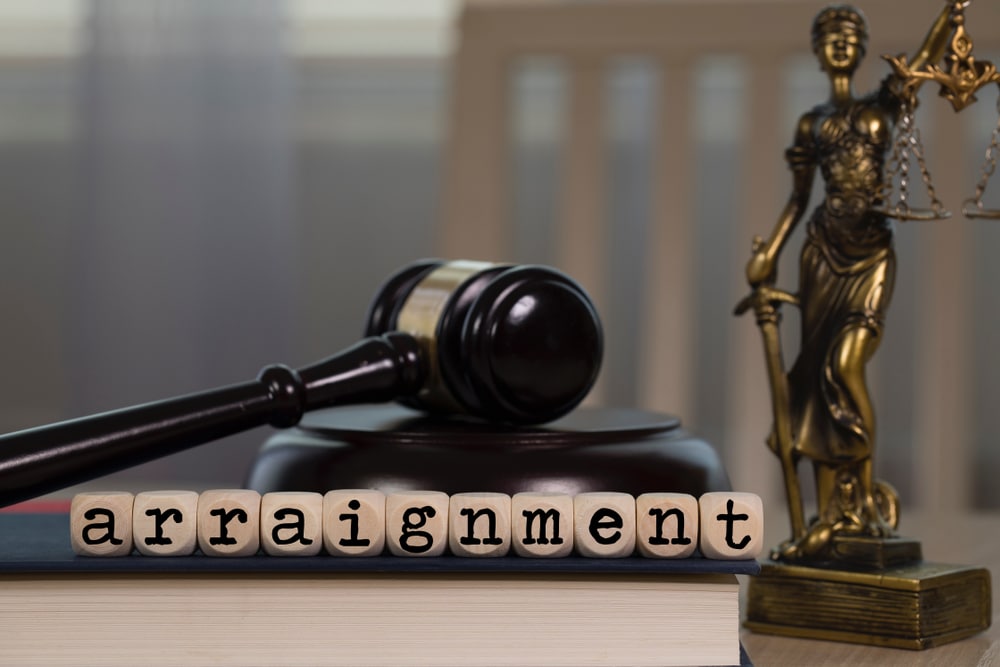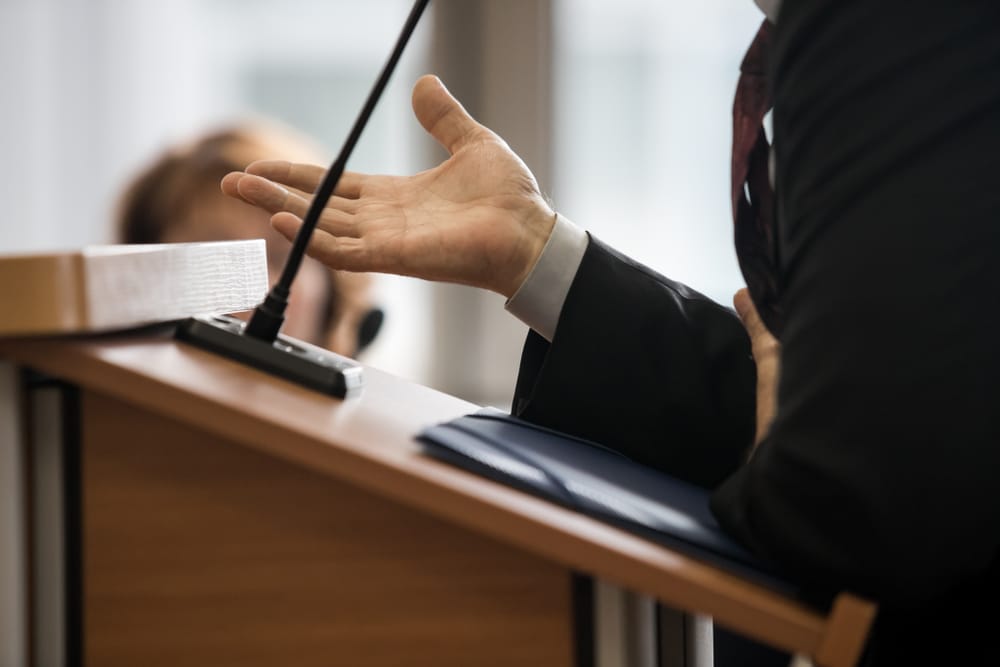The NYC Criminal Defense lawyers of D’Emilia Law saw firsthand how the COVID-19 pandemic disrupted New York’s legal and judicial system. Its impact on the ability to conduct a speedy trial is one of D’Emilia Law’s top concerns, as many clients’ cases were affected.
If you were (or are) criminally charged and COVID interrupts your case, there is critical information you and your NYC criminal defense lawyer should know. It revolves around New York’s Speedy Trial provision, Section 30.30 of New York Criminal Procedure Law.
Understanding Speedy Trials and Their Time Frames
Section 30.30 of New York Criminal Procedure Law entitles defendants charged with a felony or misdemeanor to a speedy trial.
When it comes to criminal charges, a defendant cannot be arrested by the state and held indefinitely – “the clock starts ticking” and the burden is on the state (or prosecution) to present its case by a specific time. And if they cannot present by that time, a defense lawyer can file a “30.30 motion to dismiss.” The time frame is explained by the New York State Senate’s page. The more severe the crime, the longer the state has to present the case, since there will presumably be more evidence, witnesses and complexities:
- Violations – 30 days from arraignment on the Criminal Court Complaint;
- Class B Misdemeanors – 60 days from arraignment;
- Class A Misdemeanors – 90 days from arraignment;
- Felonies – 180 days from arraignment;
What does this mean for your case? It means that if you are charged with different or related crimes in the same case, the most severe type dictates how much time is allowed for the state to act. For example, a felony plus any other related charge will result in a 180-day period for the state to present its case.
30.30 Motions In The Time of COVID
When COVID was declared a state disaster in March 2020, it caused a major disruption to the New York judiciary. Juries could not safely be assembled, so trials could not proceed. By the end of March, “the clock stopped ticking” and NYC criminal defendants’ cases were in limbo; defendants had been sitting in their cells, with none of the time being charged against the people or the state.
In October 2020, the “clock resumed ticking” when New York Gov. Andrew Cuomo issued Executive Order Number 202.67, which addressed the then-suspension of 30.30 during COVID-19, and laid out its eventual reinstatement:
The suspension and modification of Section 30.30 of the criminal procedure law, as continued and modified in EO 202.60, is hereby no longer in effect, except for felony charges entered in the counties of New York, Kings, Queens, Bronx, and Richmond, where such suspension and modification continues to be effective through October 19, 2020; thereafter for these named counties, the suspension is no longer effective on such date or upon the defendant’s arraignment on an indictment, whichever is later, for indicted felony matters, otherwise for these named counties the suspension and modification of Section 30.30 of the criminal procedure law for all criminal actions proceeding on the basis of a felony complaint shall no longer be effective, irrespective, 90 days from the signing of this Executive order on January 2, 2021.
With Jan. 2, 2021, in the rearview and no new order from the governor, the suspension has expired for matters that were not on the way to be presented to a grand jury (also known as un-indicted felonies).
COVID Projections, 30.30, and Your NYC Criminal Defense
Your case may be impacted because the legal precedent regarding COVID is constantly evolving. Gov. Cuomo’s executive order forced the state to make more strategic decisions about the volume and severity of the cases it could pursue. Furthermore, it can help reduce the bottleneck of new cases. And should this reoccur, prosecutors may be more willing to settle or accept a plea, particularly on non-felony charges.
You should speak to your NYC criminal defense lawyer to find out if/how this could benefit your case.
Scientific and medical data projects that COVID infections will continue to rise in the first half of 2021, even as a vaccine is rolled out. This could limit the ability to hold jury trials and cause a repeat of what happened in 2020 – new suspensions could arise or be re-extended. Staying in regular contact with your NYC criminal defense lawyer can only help your case.
So if you have a case pending in or near NYC, or if you face new charges in the future, you and your NYC lawyer must be aware of how 30.30 calculations may impact the criminal justice system and your defense.

